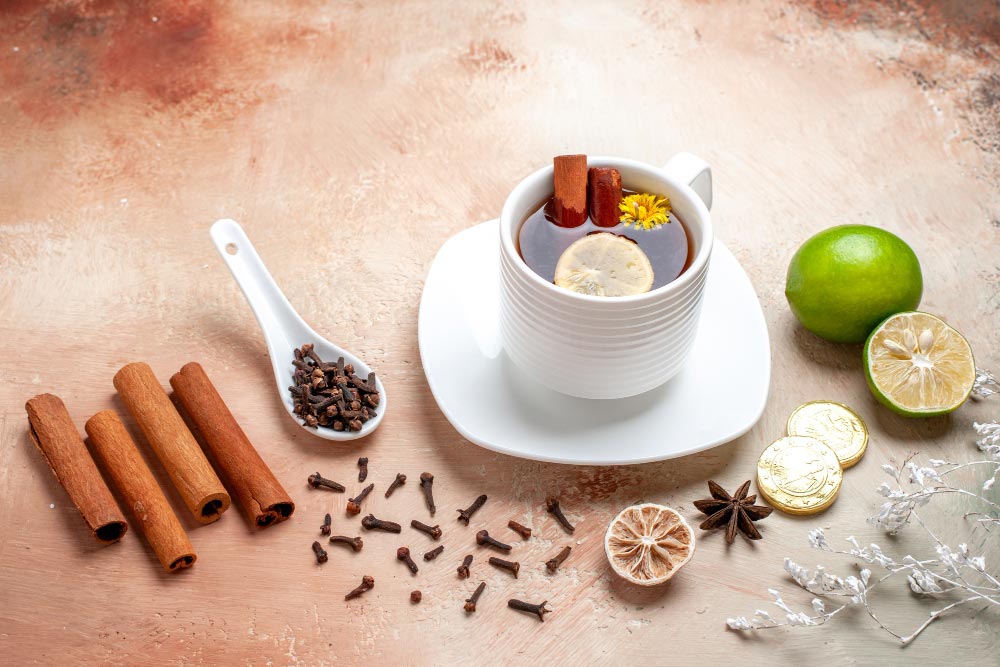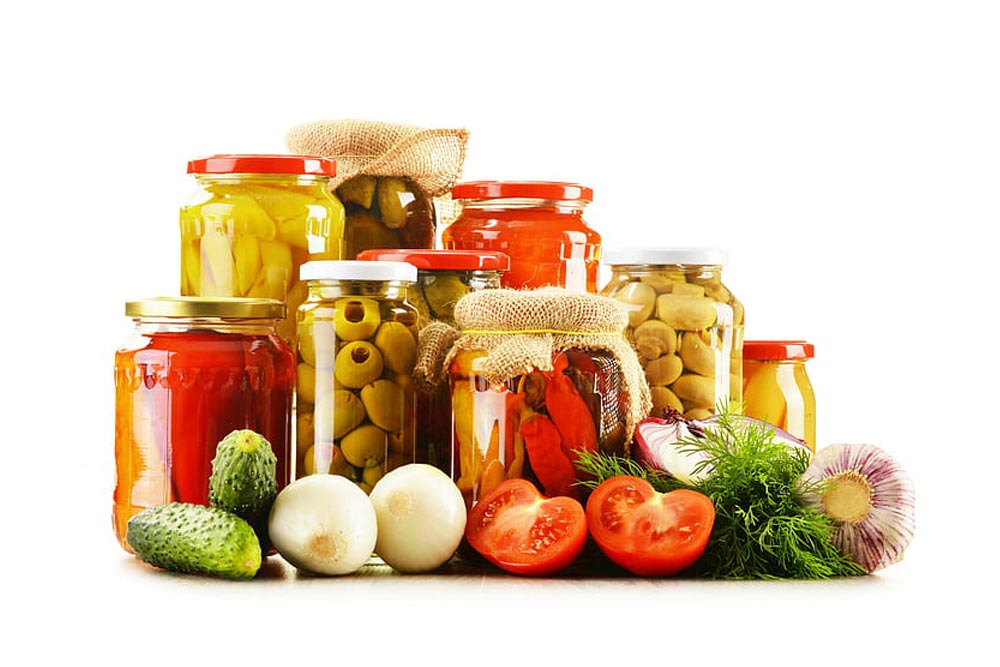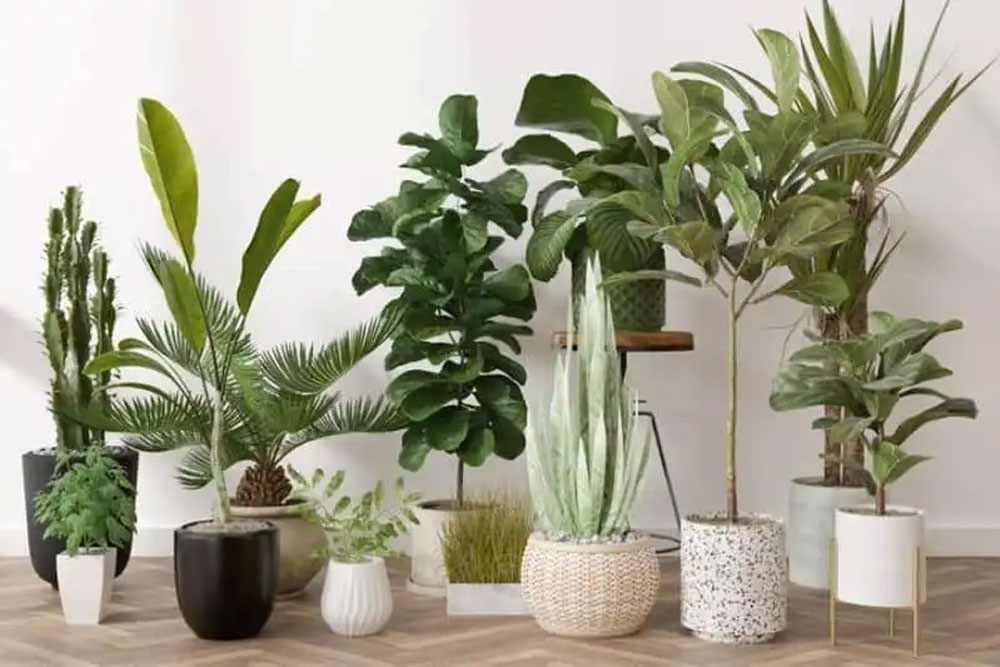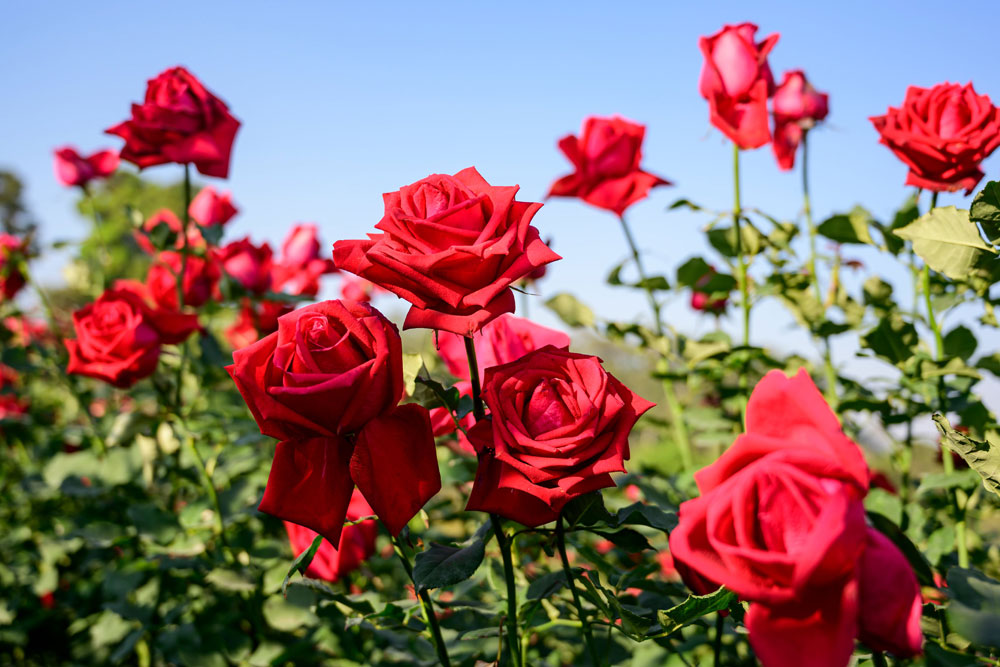

Care for a cup of Papa’s Masala Chai?
When I was a school going kid, the front doors in the apartment complex that we lived in were, well never shut. Of course, come midnight, Dad would close the front door and lock it. But for the most part our porticos were open—and neighbors’ would happily enter each others homes and trespass, and nobody was prosecuted. Mrs. Bhatia or Mrs. Singh, or Mrs. Khan or Mrs. Mukherjee, or Mrs. Pereira would walk in to our kitchen and ask for some sugar, tea, spices or cilantro and my Mum would happily oblige. Or they would send their little chaperones to our place they would mutter pit-pat “Aunty, Mummy ko ek pyaaz milenga?” (Aunty, Mum just needs one onion, can I get it?) These were phrases that we were accustomed to. And if Mum needed something urgently, the favor was reciprocated. Sharing food and recipes and a little bit of chatpata (spicy) gossip was an everyday affair.
Above all, people of different faiths and cultures —Christian, Hindu, Sikh and Muslim lived in Perfect Harmony. This is a factual and honest remark, and you can authenticate this with any South Asian you come across. We adjusted, accepted, tolerated and respected each others religions, beliefs, and gods but never questioned the how and the why. And friendships were established in the recipes that the women willingly shared. Without doubt or envy, their camaraderie was like one big happy family.
As I sat on the outskirts of their inner circle, I learned from a young age that Indian foods are cooked differently, using maybe one chief ingredient that is grown and available all year round in the North, South, East or West. For instance in South India, coconuts are used in abundance for anything—sweet or savory, in the North it is curd, and even meats are cooked in yoghurt, in the Bengal region crushed mustard is the spice of choice, in the West it is a mélange of ghee, spices, flavors and techniques—there’s never a dull moment when it comes to cooking an array of Indian cuisine because you can pick and choose from such a great variety of different foods. 365 days of the year, we were treated to unique gastronomy and during the festivities even more was in store for the gourmand in each of us.
For Diwali, a box of mithai…an array of burfis (milk sweets) and halwa would promptly reach our home. During Id we would be treated to the seviyan (a mixture of fine vermicelli cooked in milk and thickened with cashew nuts and garnished with saffron). During Christmas my Mum, Aunty Lily and sisters would diligently make sweets for our clan and the entire neighborhood—Plum cakes, coconut sweets, cookies and date rolls would be dispatched in my reliable hands (I would love to do it because when the door opened and the joy registered on the recipients faces, it kind of made my day too). The generosity of food sharing never slackened, even during the monsoons dried fish and pickles made their way into each others homes in jars of earthen clay.
What I learned from my parents was to never turn people away from your home without offering them a cup of freshly brewed Masala chai and I am passing on our family recipe on for you to enjoy. Dad taught us to treat everyone who came to our home with respect—with fairness and equality and to give you an idea of who they were; here is the motley group of people that visited us on a daily basis: the garbage collector, the fisherman with his basket of fresh catch, the dhobi, our maid (she had 7 daughters, and her husband wanted her to have a son. I remember during her tenure with us she was pregnant twice, one was a miscarriage, the other brought forth another girl child), the vegetable seller and the carpenter, electrician, and plumber who would do odd jobs for us. Depending on the time they came by, each of them, and whoever came with them was treated to tea, snacks and lunch. So if the carpenter happened to swing by at lunch, he was served food with the rest of us. I can never for the life of me remember anyone being turned away from our home without being treated to some type of food or drink—bread and butter or jeera (cumin) biscuits if they came by in the morning, dal, rice and fish if they came at noon, Marie and Parle-G biscuits if they came during tea-time, and bhajiyas (deep fried dumplings of chick-pea flour)—kanda or batata (onion or potato) if they came later.
Please keep in mind that my parents were not well-to-do. My Dad lost his job and Mum was the only breadwinner. Also, it wasn’t like we had a bed and breakfast or restaurant -like food capacity in our home. Our refrigerator was small and our larder a tiny cupboard. But the best part was that when we gave, we received. Unexpectedly, and more often than not miraculously. Myself and my siblings to this day have never gone to bed hungry, or without a meal. All Glory be to God our Provider.
When Dad passed away and the word got around, the church was full of people—all our neighbors’ that we shared our condiments and food were there, so were the laundry guy, the carpenter, the fisherman, the maid with her girls and alcoholic husband, the cobbler, the garbage collector, the news boy (who was in his fifties) and his entourage of salesmen, the electrician, the plumber, the cable operator, the painter, the flower seller, the butcher, the bread man (known as the pau-walla). There were all there, just like my Dad was always there for them with his welcoming smile, open door, open arms and a cuppa-tea.
Papa’s Masala Chai (Made with pinches, of this and that, and a heart-full and handful of love) Fill a saucepan with water, throw in a pinch of cloves—4-5, a few peppercorns, a few crushed cardamoms’, cinnamon bark (2), crushed ginger (small pod), dried or fresh lemon grass, black tea leaves/or black teabags. Let the water come to a boil, then let it simmer for 5 to 8 minutes until the spices release their essential aroma and oils. Open a tin of evaporated milk (this is my take on the recipe, Dad used shuddh (pure) buffalo milk) and pour it in. Sweeten with coconut or monk sugar, strain and serve steaming hot.



